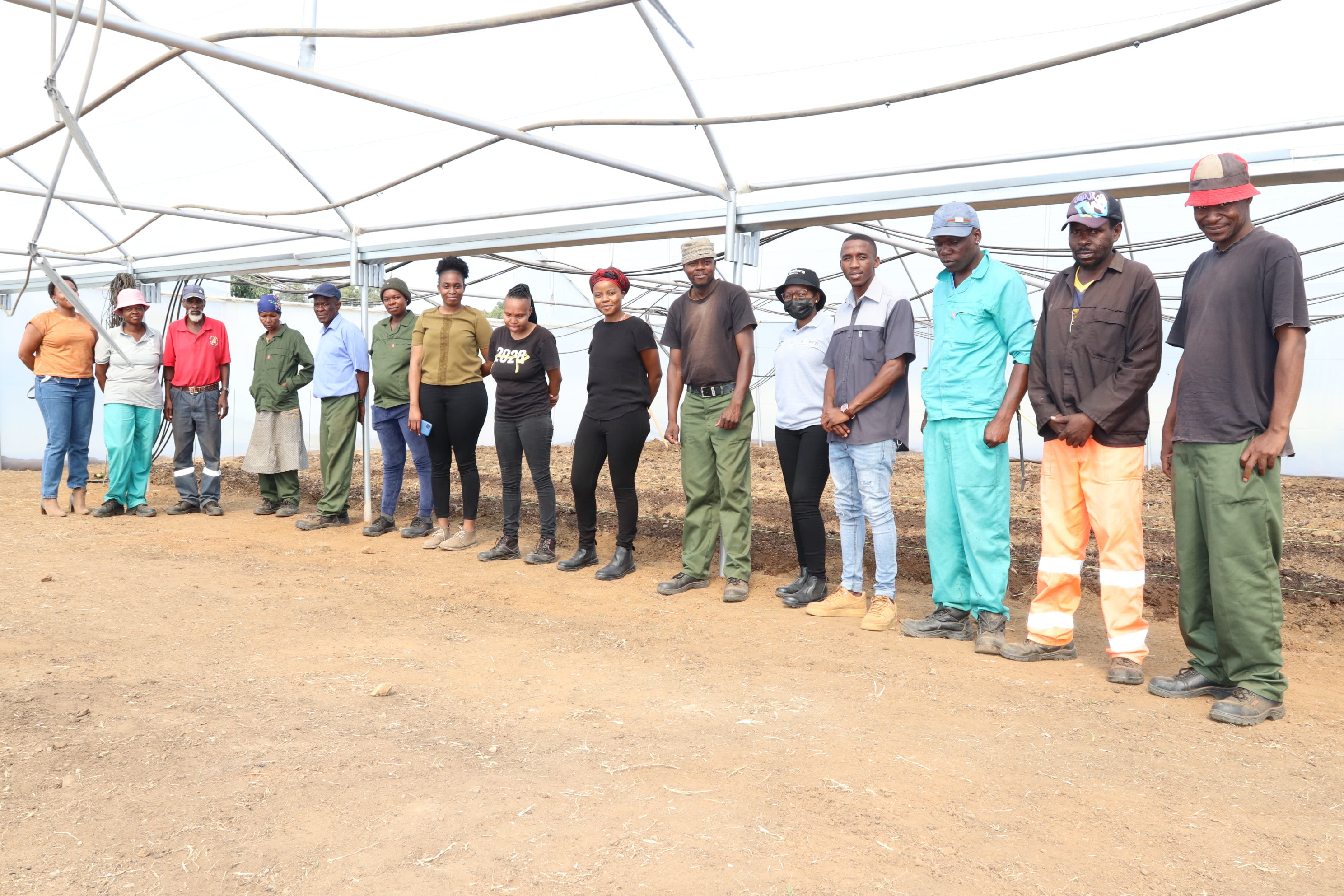To help sustain the resettled community of Phumulani Agri Village in rural Mpumalanga, Exxaro Resources’ Belfast mine initiated an organic food garden project, which aims to empower the community with Agri-skills development, maintaining social capital, and creating avenues for income generation.
The primary objective of the project includes creating sustainable decent small scale agriculture related jobs. The project will receive funding of more than R1.6-million from Exxaro’s Belfast digital and connected mine.
In 2020, Exxaro concluded the Belfast Resettlement programme in the Nkangala District Municipality. As part of the programme, Exxaro facilitated the relocation of 32 households, a total of 195 community members from Zoekop and Leeuwbank farms to their new homes in Phumulani Agri Village.
The homes were built on sizable agricultural plots to allow for each household to either grow produce or keep their animals.
Londolani Rampfumedzi, Business Unit Manager at Belfast Coal, said it was important to sustain these communities and create self-sustaining income streams.
“As part of our Sustainable Growth and Impact Strategy, Exxaro seeks to create opportunities that help community members to identify new sustainable economies beyond coal mining within our host communities. This is all part of our ethos as a company to protect the dignity of people in our surrounding communities and leaving a positive legacy. Given the extensive engagement and co-operation of the community, we are confident about the success of this project.”
The garden project began in January 2022 with Phase 1 aimed at recruiting and selecting 10 community members who will be trained to build and maintain organic food gardens. Phase 2 is aimed at training and establishing suitable infrastructure, and Phase 3 will focus on business development.
The project aims to assist the community to operate competently and independently in landscaping and vegetable production in a way that not only addresses food security within the broader Emakhazeni Local Municipality, but which can also generate an income for the households.
The community hall was selected as a suitable venue for the build because it is the main gathering place in the village and could be used as an information centre where community members could learn more about the project.
To date, two greenhouses have been built; a drip irrigation system which conserves water installed; landscaping was undertaken; and additional infrastructure installed. The long-term plan is to create revenue streams from different markets, such as school feeding schemes, guest houses and retail stores which will assist the village to maintain its livelihood.
